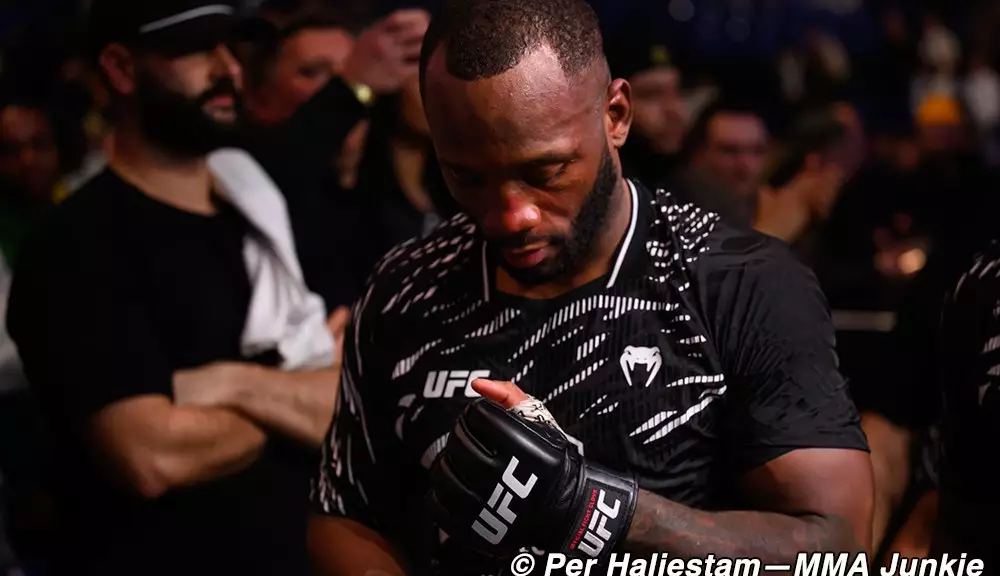Recent discussions surrounding Leon Edwards’ performance at UFC Fight Night 255 have sparked heated debates, particularly focusing on his mental toughness and fighting spirit. Edwards, a former welterweight champion, faced off against Sean Brady in a match that culminated in a rare defeat—his first submission loss after a promising career. Din Thomas, a seasoned fighter and coach, has raised questions about Edwards’ grit, labeling him more of an athlete than a true fighter. This perspective invites a closer examination of what it means to have “heart” in the high-stakes environment of mixed martial arts (MMA).
The Dichotomy of Skill and Heart
In the world of MMA, the dichotomy between skill and heart is often debated. On one hand, fighters like Justin Gaethje and Dustin Poirier embody a relentless fighting spirit; they are willing to take on any opponent, regardless of the odds. On the other hand, athletes like Edwards demonstrate extraordinary technical skills, but may lack that primal instinct to engage in raw, unfiltered conflict. Thomas’ commentary highlights that, despite Edwards’ technical prowess and athleticism, there was a moment during the fight when he seemed to falter mentally, leading to his downfall.
This raises an intriguing question: can a fighter be considered successful without the unwavering resolve to push through adversity? In Edwards’ fight against Brady, there was a pivotal moment in the third round where Edwards attempted a takedown, only to be swiftly reversed, signaling a potential turning point. Thomas’ reflection on this moment suggests a loss of confidence or awareness—a critical mistake in the heat of battle that alters the trajectory of the fight.
Perceptions of a Fighter’s Identity
The labels we place on fighters can greatly affect their public perception and their own self-identity. Edwards, previously celebrated as a formidable champion, now faces scrutiny for not embodying the traditional notion of what a “real fighter” should represent. While it’s easy to quantify a fighter’s worth by their win-loss record, deeper analysis is necessary to understand their psychological state when under pressure.
It’s worth noting that many athletes experience different motivators when stepping into the ring. Some thrive in chaos—seeking the thrill of the fight as a means to assert their dominance. Others excel through calculated performances aimed at showcasing their technical skill. Edwards has often been seen as a tactician, and while that approach has garnered him victories, it may not resonate with the traditional image of an aggressive and fighter-centric ethos that fans idolize.
The Path Ahead for Edwards
Addressing the future, it’s critical for Edwards to navigate through these assessments and reclaim his narrative. The criticisms from figures like Thomas, while harsh, could be transformative if embraced as a challenge to develop his mental fortitude. Edwards needs to reflect on his fighting style and consider whether adopting a more aggressive mindset could rejuvenate both his performance and public perception.
In the unforgiving landscape of MMA, the notion of what it takes to become a truly great fighter continues to evolve. For Edwards, the journey ahead may not solely depend on honing his physical skills; it may also hinge on confronting these perceptions and redefining the essence of his fighting spirit.

